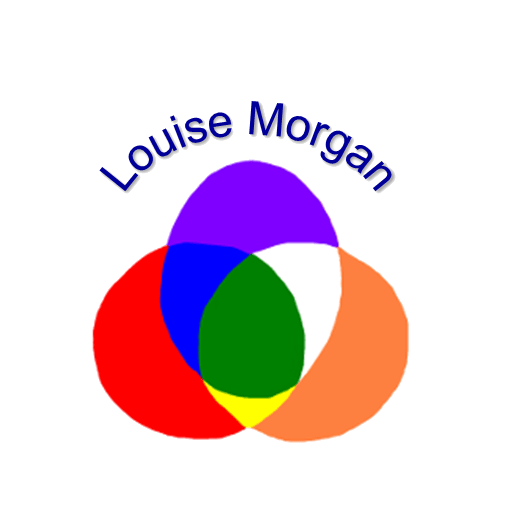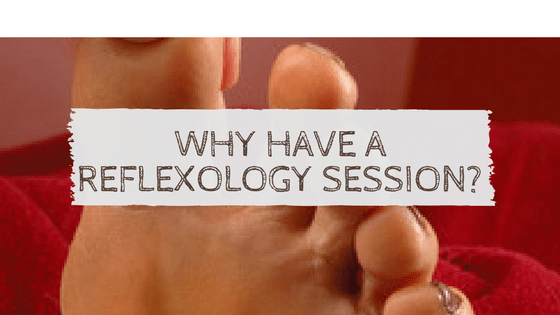Reflexology tends to have a bit of a marmite effect on people – mention reflexology involves the feet and some people will begin to tell you why they hate having their feet touched, while others will tell you they could have their feet rubbed all night. Reflexology is different to this though, and even if you have ticklish feet you shouldn’t find reflexology tickly.
If you don’t like having your feet touched then you may find your first reflexology session uncomfortable. I remember my first reflexology session was as part of a massage, and I wasn’t overly sure about it. I realised it was my association with my feet and my expectation about what I thought would happen was the problem. Over time I began to love reflexology and now I find it so relaxing, that like others, I can wake myself up with my snoring! Occasionally I do find a point on my foot ticklish during the massage, but if my reflexologist sees me flinch she will adjust the pressure or the move. While practising, I did meet some people who would probably not pay for a therapy session, but as a guinea pig they focused on their breathing and did have points when they were able to relax into the session.
So, why bother having reflexology?
Some people will book a reflexology session because they love having their feet touched, while others book it for health benefits. So why on earth would you book for a therapy when you don’t like having your feet touched? Some people want to get over their issue with their feet, as they realise their feet are like the tyres on a car and they want to support them. Some have been told by friends that reflexology has helped them and are now intrigued to try it for  themselves, while others are hoping for support in their wellbeing.
themselves, while others are hoping for support in their wellbeing.
Reflexology aims to relax the body, which then helps you to cope better with daily life stresses. During the session you have an hour to yourself with no interruptions and no expectations to have a conversation, or for you to worry about how far you’ve made it through your to-do list. By spending this time on yourself, having a relaxing therapy, you are telling your body it can think about relaxing and it can reduce the tension it has been holding. Increasing your relaxation and reducing your tension means you may also find it helps your mood and enhances your sleep.
So, is it a massage?
Reflexology begins and ends with a massage, but in between this you get a full body work out, as the therapist works your feet. The idea is that points on your feet correspond to parts of your body, and that by pressing these points, known as reflexes, the reflexologist is encouraging the body to balance itself.
Whenever I offer a therapy I always say I’m just a facilitator, your body will choose to do what it wants with the session. Some people find they’re full of energy while others need to go home and have a nap. Your body will respond how it wants to, but it will be the right thing for you. So, if you’re a little unsure, why not book a session? The worst thing that can happen is you decide it’s a bit too much for you, in which case you can tell your therapist you need to stop and they can either offer to continue with hand reflexology, or if they offer a different therapy, finish your session off with another option. Either way, you have nothing to lose, except, maybe, your reaction to your daily life stresses.
 Louise is an holistic therapist who owns the Therapy Centre, BS14 9HB, a clinic offering a range of holistic and beauty therapies. Louise offers reflexology, aromatherapy, aromatology, holistic massage, Indian head massage, reiki, baby massage and story massage. She is a mum of two boys and when she is not working she enjoys getting outdoors with her family. For further information visit louise-morgan.co.uk or contact her clinic on 01275 217160
Louise is an holistic therapist who owns the Therapy Centre, BS14 9HB, a clinic offering a range of holistic and beauty therapies. Louise offers reflexology, aromatherapy, aromatology, holistic massage, Indian head massage, reiki, baby massage and story massage. She is a mum of two boys and when she is not working she enjoys getting outdoors with her family. For further information visit louise-morgan.co.uk or contact her clinic on 01275 217160

